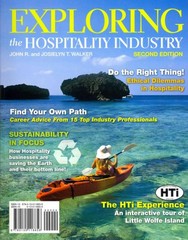
Footie LLC to stay private after ruling out float ( refers to the regular shares a company has issued to the public that are available for investors to trade) Footie LLC, the shoemaker and retailer, is to remain a private corporation. The directors received overwhelming advice against converting it to a publicly held company. The company has no need of further capital to fund further expansion, and is now one of the world's largest private companies. In 2004, after a decade of declining fortunes, it came within five votes of opting for a takeover by Shoeworks Inc.. But in April this year, it announced annual profits up from $42.7 million to $50.8 million on sales of $825 million. That was its third year of record profits, reflecting its strategy of reducing reliance on its own manufacture and instead investing in its brands and shops. Footie LLC is now more of a retailer and wholesaler than manufacturer, owning or franchising 650 shops and importing shoes from abroad. Five years ago, 75% of its shoes were manufactured in Footie's European factories. Now it is just 25%, with 40% of the business based in Asia. Jim Parker, chief executive, has claimed that Footie is the largest conventional shoe brand in the world, having sold 48 million pairs last year. He said the business was expanding rapidly in nearly all markets and this growth strategy requires a lot of capital. 'We can continue to build the business with benefits of moving to lower-cost countries and with investment in our brand and retailing operations.' Despite ruling out a float for now, the company said it would continue to examine 'the most appropriate legal structure to meet shareholders' interests on the basis of its strategy for future growth and the conditions in the footwear market. 1. Explain two differences between a Limited liability corporation and a public corporation. The difference between a LLC and a Public corporation is that 2. Is Footie Lid in the private sector or public sector? 3. Which industrial sector(s) does Footie Lid operate in? Explain your answer. 4. Examine possible reasons for the directors deciding to keep Footie Lid a private company. 5. Analyze the main benefits to the business and to existing shareholders if the company did 'go public








